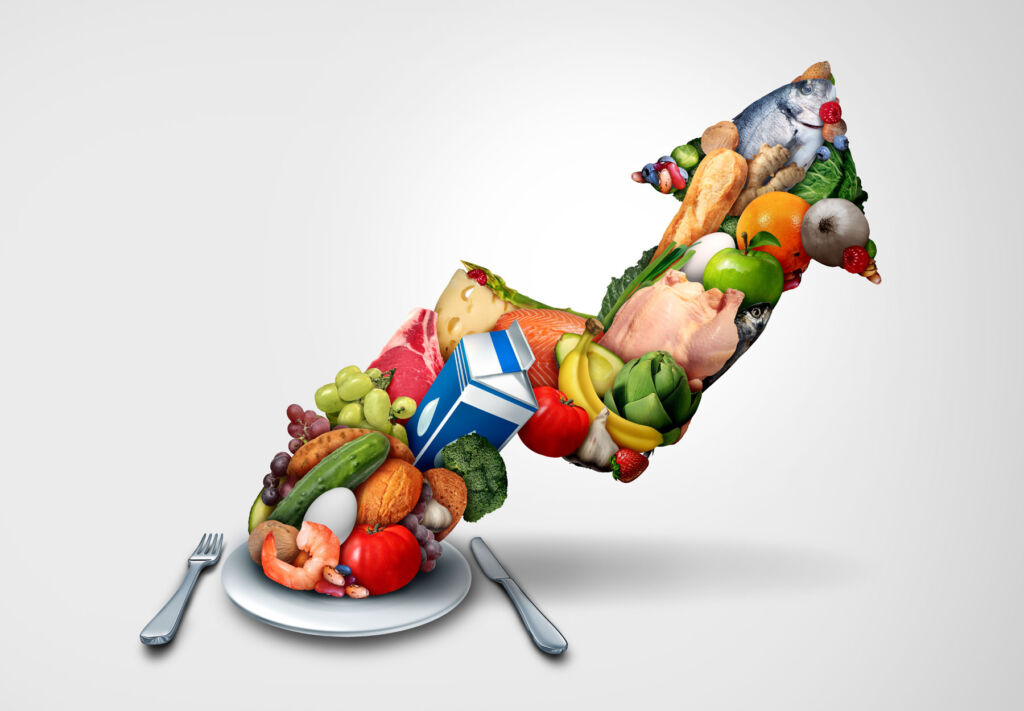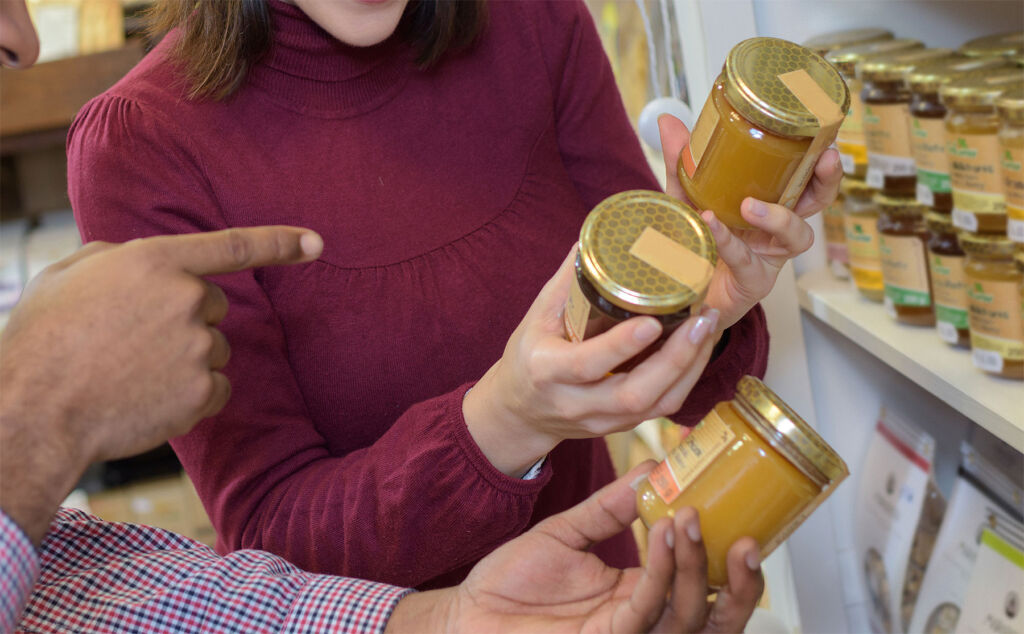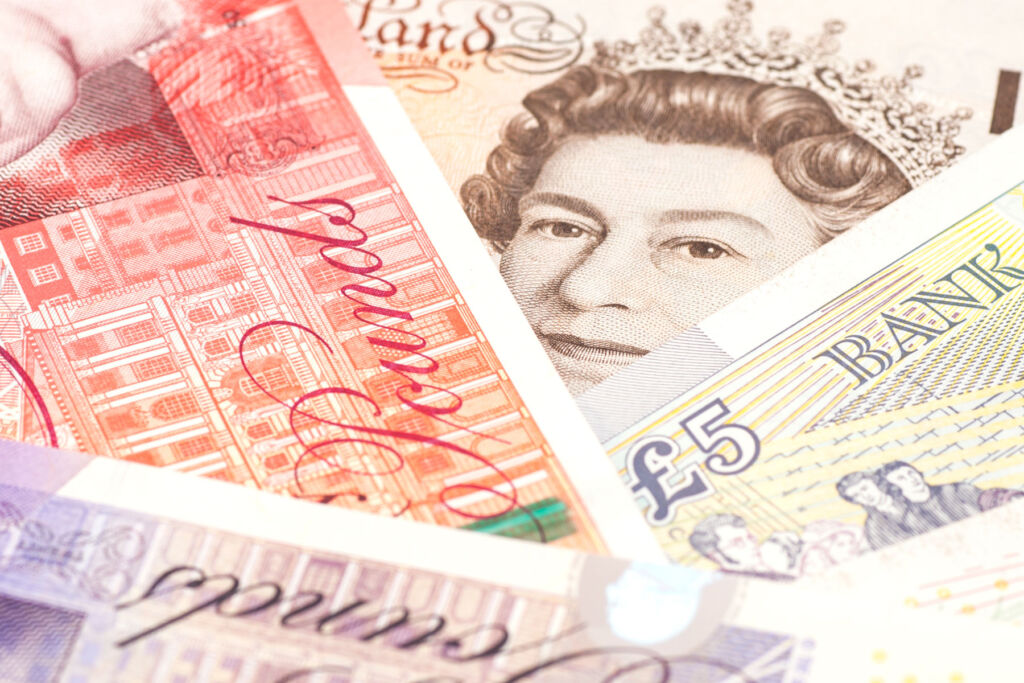
For this guest article, Mohsin Rashid, the CEO and co-founder of ZIPZERO, discusses the impact of Britain’s high food prices, the changes people are making, its impact on lives, and possible solutions.
Here in the UK, we’ve just had the twelfth consecutive rise of interest rates – a historic monetary campaign to rid the country of the inflation that has plagued it since March last year. Despite attempts by the Bank of England to suppress rising prices, inflation has proved resilient, and households across the country are becoming poorer as a result.
The Bank’s own prediction for when inflation will return to its targeted 2% level is being extended now until next year. Failure to bring inflation to heel is resulting in a prolonged period of financial hardship for millions of Britons.
Although energy was once the principal concern of the cost-of-living crisis, food prices now pose the greatest threat. A conservable driver of overall inflation, food prices are nearly 20% higher than they were last year, and this rise doesn’t appear to be abating any time soon.
In response, Britons have shown an impressive ability to adjust their shopping habits to keep their shopping bills as low as possible. ZIPZERO surveyed 2,000 adults in the UK to understand exactly what basket changes Britons are making as well as how rising prices have changed their daily lives.
Baskets change, and so do stores

A key demonstration of this, over the past 12 months, a quarter of adults now do their shopping at a cheaper supermarket, while 43% have switched to cheaper brands.
Cheaper alternatives aside, what shoppers are buying has also changed. 30% of adults are now buying more reduced-section food, while 25% are buying more frozen goods, and 21% are buying meat and fish less frequently.
Fundamentally, these are changes in diet – the widespread adoption of these measures as money-saving initiatives epitomises a public adapting to meet their budgets. However, these decisions are not without consequences.
Britons are facing a health crisis

Over a third (35%) of Brits say that rising prices have negatively impacted their diet. This number rises to 53% for those aged 18-to-34, highlighting a consistent theme throughout the research: young people are disproportionately impacted by food rising prices.
Consequences are not limited to physical ones; 40% of adults said that their concerns over the rising price of food were negatively impacting their mental health. Once again, this number rose significantly (to 56%) for those aged between 18 and 34.
The rise in financial anxiety and subsequent deterioration in mental health among Brits cause little shock when considering the immense financial pressures that they are battling. Such pressure is forcing households to make desperate and unhealthy decisions, ones which those living in a modern society and developed economy like Britain’s should not be forced to make.
40% of adults say they are worried about putting food on the table, 25% say they have had to prioritise feeding others over themselves, and 15% say that in the past 12 months, they have begun skipping meals to save money. Consistently, young people were disproportionately affected, with one in five of those aged between 18-and-34 skipping meals.
Although half as frequent, a worrying one in ten adults aged over 55 are skipping meals, for whom the health risks of such a measure are particularly worrying.
Even more concerningly, over the past 12 months, one in twenty adults have begun to use food banks, while one in twenty-five adults have begun to intentionally miss-scan items at the self-checkout in order to save money – essentially committing petty theft.
Where next?

Frankly, with people already taking such drastic measures to lower their food bills, households have run out of room for manoeuvre.
Although supermarkets have been faced with their own challenges, namely supply issues and shortages due to geopolitical instability, they must recognise that people cannot afford further hikes.
In fact, by continuing to pursue endless price rises, supermarkets are not only harming the population but also harming themselves. The use of food banks and petty theft to combat rising prices are self-evident of this. By outpricing customers, supermarkets are literally cutting off the hand that feeds.
Supermarkets must also be cautious in how they market to customers, ensuring that promotional techniques do not risk further damaging personal finances.
We need to head toward consumer support
In fact, marketing and overall brand strategy must move to a position of consumer support. This is made abundantly clear by the lack of faith the population now has in both the government and supermarkets: one in five say the government is out of touch with household challenges, while three out of five say the supermarkets are being greedy by raising prices.
The research makes clear that food inflation is causing great damage to the mental, physical, and financial health of Britons everywhere. The greatest risk is that while the government and Bank continue to tighten monetary conditions to control inflation, a new national health emergency arises as a result.

Adults across the country have played their role by taking up savvy money-saving methods from every direction. It is now on the government to work with supermarkets to ensure that prices do not rise further. Meanwhile, supermarkets themselves must explore new ways of helping consumers.
Specifically, how can they support customers financially? How can they save households cash on their everyday shopping? A start would be to redesign advertising techniques away from upselling to one that promotes financial stability. Customers are sure to reward supermarkets with better brand loyalty and – yes – even more purchases.

About Mohsin Rashid
Mohsin Rashid is the CEO and co-founder of ZIPZERO, a consumer champion and money-saving app. Shopping via the ZIPZERO app earns users cash to pay bills – the cash rewards are funded by retailers and brands, which gain access to a formidable direct-to-consumer marketing platform. ZIPZERO is inviting major utility firms, leading retailers & brands (advertisers) to join its progressive platform and help UK consumers tackle the cost-of-living crisis.
Read more guest features, guides and articles here.
![]()




You must be logged in to post a comment.